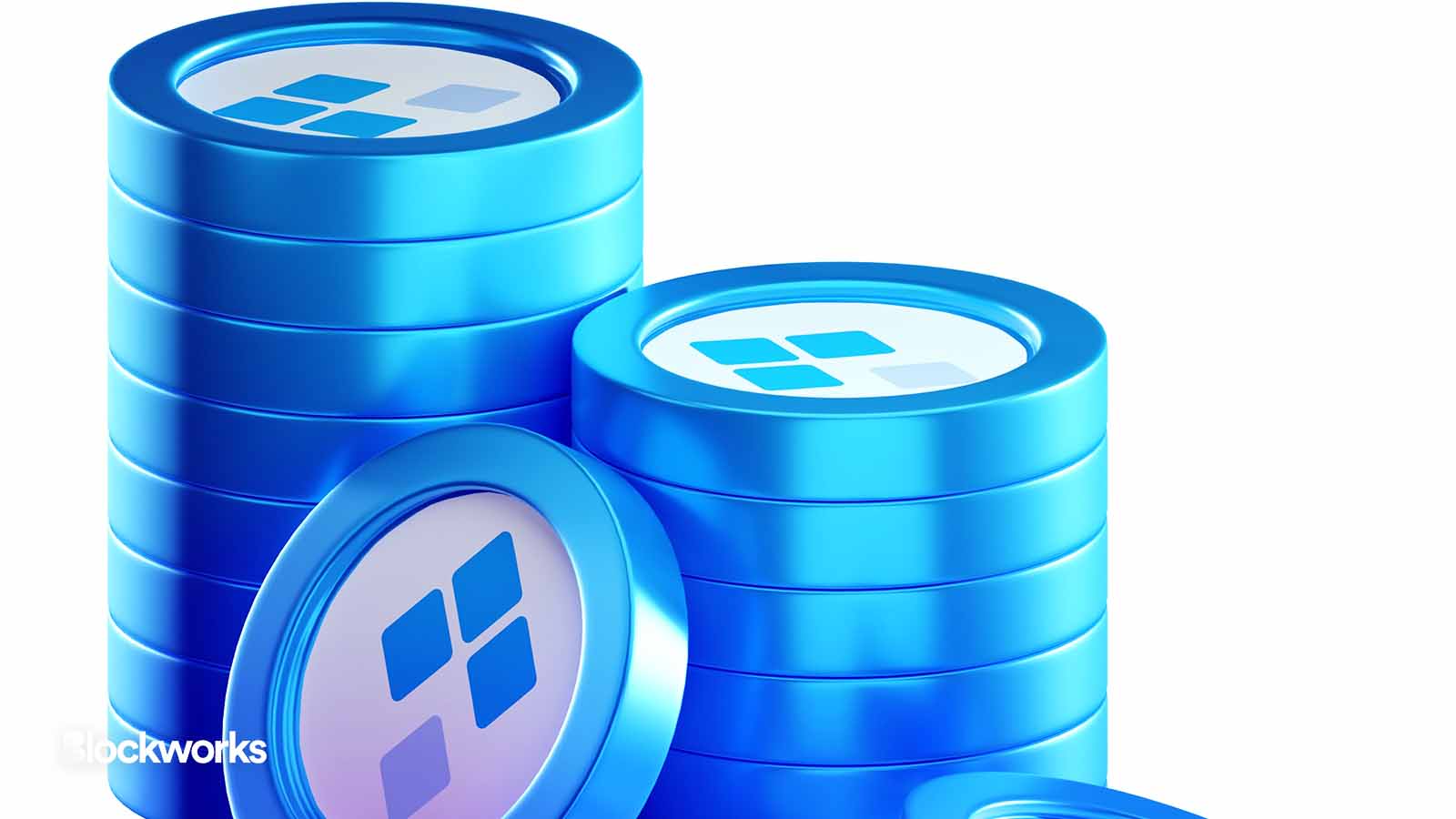SSV.network to make centralized staking providers a problem of the past
Ten different staking dapps will be deployed when SSV.network launches its mainnet

Dang Pham/Shutterstock modified by Blockworks
Decentralized staking infrastructure SSV.network revealed that it will launch its mainnet in a bid to bring distributed validator technology to life.
In proof-of-stake networks, validators are responsible for locking in “stakes” to participate in the process of securing and adding new blocks to the blockchain.
Ethereum stakers, for example, need to lock in 32 ether in order to become a validator. For stakers who do not have 32 ether, they can turn to liquid staking providers to participate in network activities.
Today, most liquid-staked ether (ETH) is held by a handful of players — most prominently, Lido, which holds over 32% of the entire staking market share.
Centralized exchanges such as Binance, Coinbase and Kraken also possess a large slice of the cake, making up roughly 19% of staked ETH in the ecosystem.
Enabling DVT would allow one validator to be run by multiple nodes, according to Blockworks research analyst Westie.
“This helps decentralize the staking infrastructure and helps keep uptime because only one node needs to be online and allows for more flexibility behind how validators are constructed,” he said.
In the case of SSV.network, each validator node would be run by a rotating set of registered operators governed specifically by SSV smart contracts.
Ten different staking dapps will be deployed on SSV at its mainnet launch. These include Stader, Ankr, Stakestar, 01node, Metapool, StakeTogether, XHash, Chainup, Coindelta and Claystack.
“Together with the partners and the community, SSV Network can usher in a new paradigm for Ethereum staking,” Alon Muroch, protocol lead at SSV said in a press statement. “Our goal is to onboard even more users who would be otherwise wary of trusting single entities, while not wanting to go through the relatively complex process of staking independently.”
Get the news in your inbox. Explore Blockworks newsletters:
- The Breakdown: Decoding crypto and the markets. Daily.
- 0xResearch: Alpha in your inbox. Think like an analyst.






